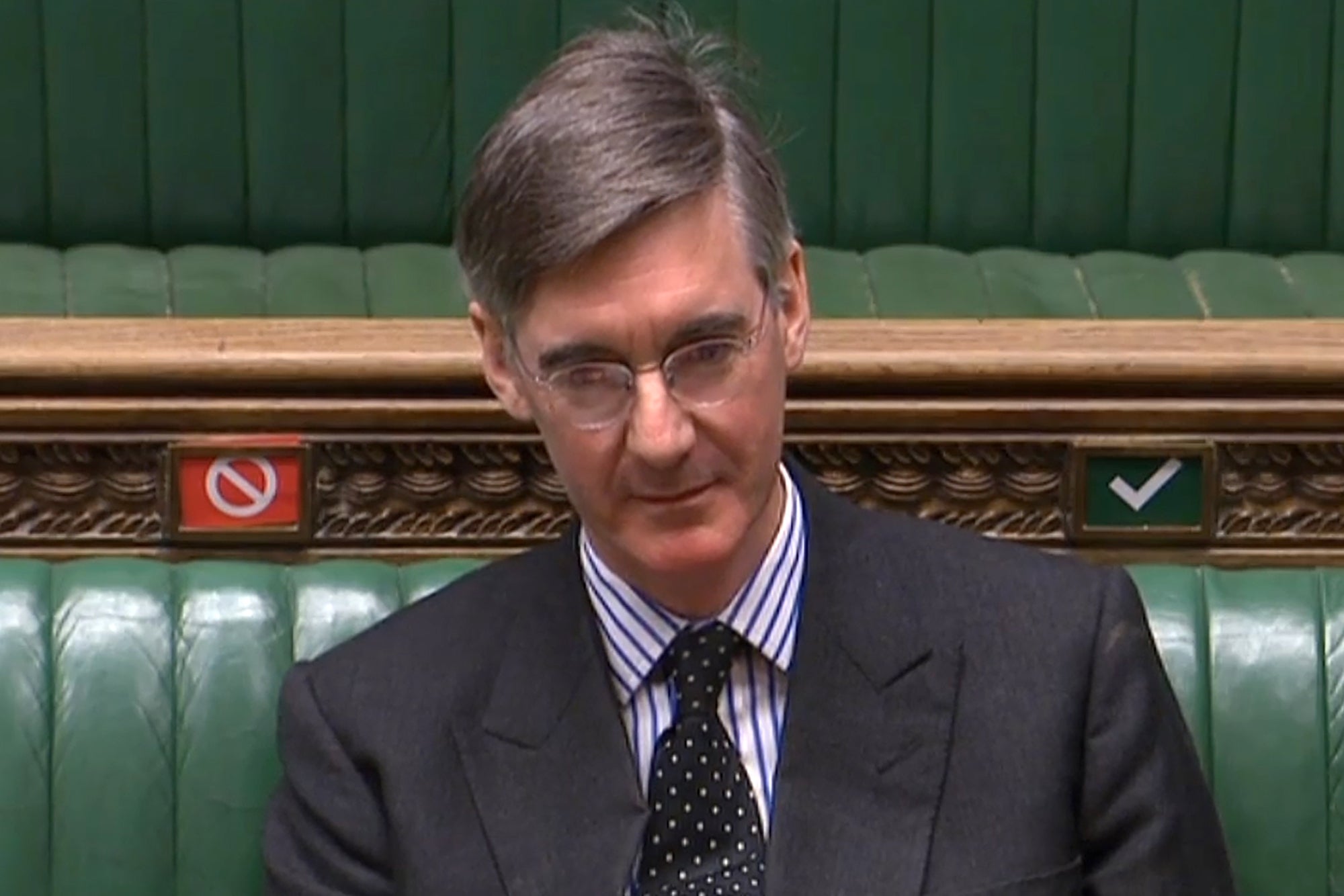Constitutional experts warn against Jacob Rees-Mogg plan to make MPs travel to Westminster during pandemic
Change will make it harder to scrutinise the government, Institute for Government says

Ending the 'virtual parliament' brought in for the coronavirus pandemic will disadvantage some MPs and make it harder to scrutinise the government, constitutional experts have warned.
A new report by academics at the respected Institute for Government says trying to return to "impossible normality" before the outbreak is over would unfairly penalise MPs who are shielding.
The change would also make life harder for a wider group of MPs whose families are shielding, who have caring responsibilities, or who have to come a long way, they argue.
Parliamentarians have been able to participate in sittings by videoconference since the Commons and Lords came back from recess, as a way to keep the legislature running while lockdown is in place.
But Commons leader Jacob Rees-Mogg announced this week that the setup would be ending from 2 June and that MPs will again be forced to come into Westminster in person if they wanted to speak or vote.
He claimed that the hybrid set-up, in which MPs who join by videoconference or appear in the chamber in person are treated the same way, served to “fundamentally restrict the House’s ability to perform its functions fully”.
Mr Rees-Mogg, widely seen as a traditionalist on parliamentary and other matters, said that the likely reopening of schools and some businesses from June meant MPs should be back themselves, adding: “We will not be returning to the crowded, bustling chamber of old. We will be observing social distancing."
One effect of MPs dialling into sittings is that there is more space in the Commons chamber for social distancing, which was not designed to accommodate 650 people.
MPs have also been able to vote electronically instead of the traditional method of crowding into small "voting lobbies" with their colleagues.
Commons Speaker Sir Lindsay Hoyle has also expressed unease about MPs returning to the chamber and said he would suspend proceedings if he felt they had again become unsafe.
Now the new report, authored by Dr Alice Lilly and Dr Hannah White, says the government must set out its plans for allowing MPs unable to travel to Westminster to continue to participate in parliamentary proceedings.
The Government has said it is looking for a solution to protect MPs who are shielding, but not said what it is before making the decision to return.
The report also says that the virtual set up "created better opportunities to scrutinise the government’s response to coronavirus than have been available to most other legislatures in the world".
Dr Lilly, a senior researcher at he institute said: “In just a few weeks, the UK parliament made some of the most far-reaching changes to its ways of working in its history.
"While the Commons’ virtual proceedings were not ideal, rushing to try and return to some kind of impossible normality risks disadvantaging some MPs and limiting MPs’ capacity to scrutinise government, at a time when effective scrutiny is more important than ever. The perfect should not be the enemy of the good.”
Join our commenting forum
Join thought-provoking conversations, follow other Independent readers and see their replies
Comments
Bookmark popover
Removed from bookmarks